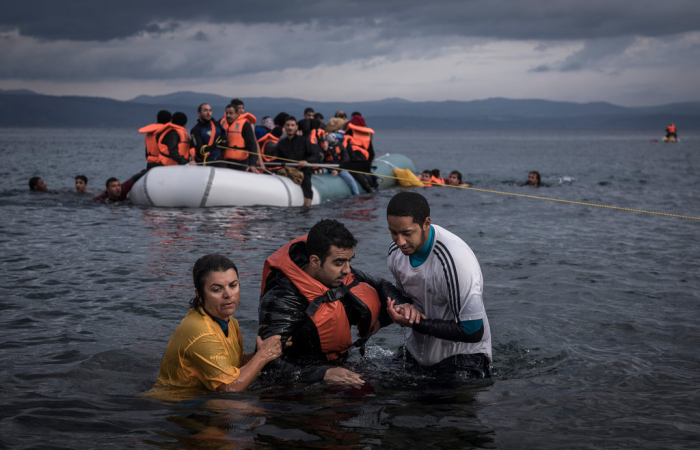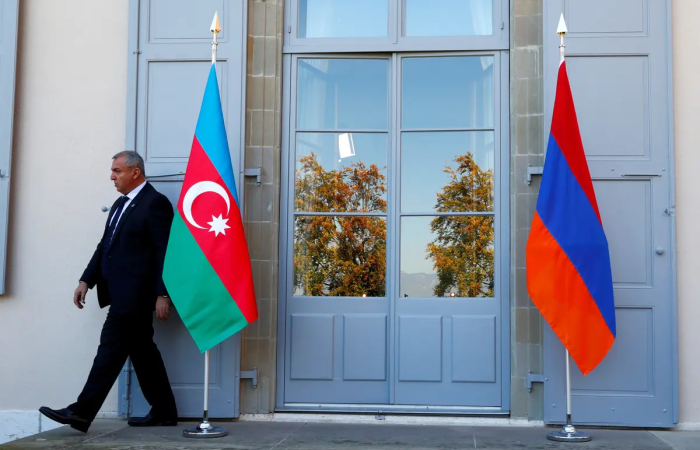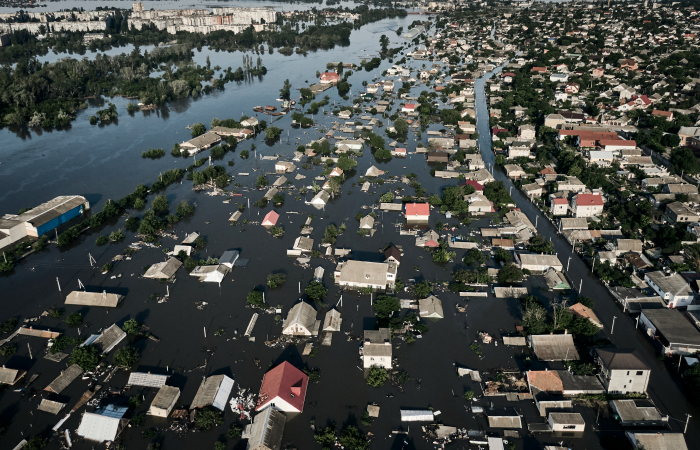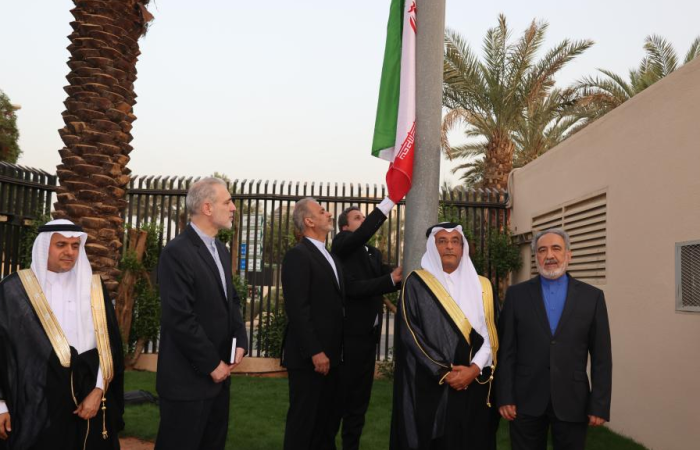Trending
Briefing: intensive diplomatic efforts around the Armenia-Azerbaijan peace process
9 June 2023
Intense diplomatic efforts over the last month are a good reflection of a sustained determination on the part of Armenia and Azerbaijan to bring their decades-old conflict to an end, and sign a peace agreement, writes commonspace.eu.
Meetings between president Ilham Aliyev of Azerbaijan and prime minister Nikol Pashinyan of Armenia were held in Brussels on 15 May, with the mediation of EU Council president Charles Michel. The three leaders met again on 1 June in Chisinau, this time also with the participation of French President Emmanuel Macron and German Chancellor Olaf Scholz. Aliyev and Pashinyan met, together with president Putin of Russia, in Moscow on 25 May. And on 4 June the leaders of both Armenia and Azerbaijan were in Ankara for the inauguration of President Recep Tayyip Erdogan’s new term in office, where they also met informally. The next formal meeting is now set to be held in July in Brussels.
A lot is also going on behind the scenes with European and American envoys travelling in the region.










